10 Reasons Why Varanasi Should Be On Your Must Visit List
By: Priyanka Maheshwari Thu, 29 Aug 2024 12:41:21
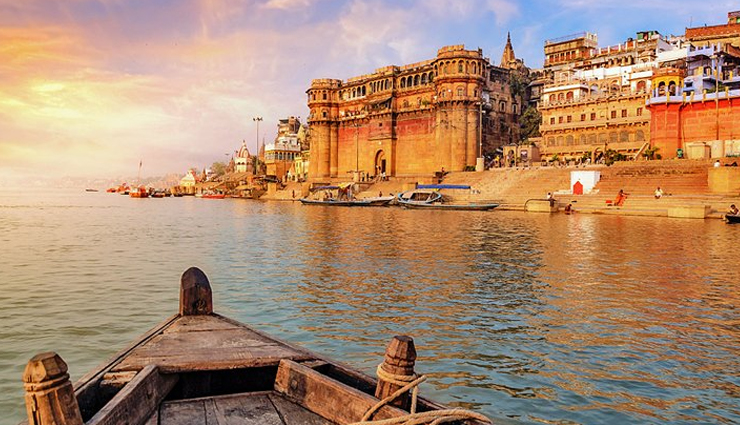
If you're looking for a destination that offers spiritual awakening, positive energy, and a peaceful retreat, Varanasi should be at the top of your list. Also known as Kashi, Varanasi is renowned among pilgrims for its sacred dips in the River Ganges.
The city is a top tourist attraction in India, celebrated for its numerous ghats, renowned temples, intriguing rituals, and lively religious festivals. Varanasi is a haven not only for devotees of Hinduism but also for those seeking an experience that's off the beaten path.
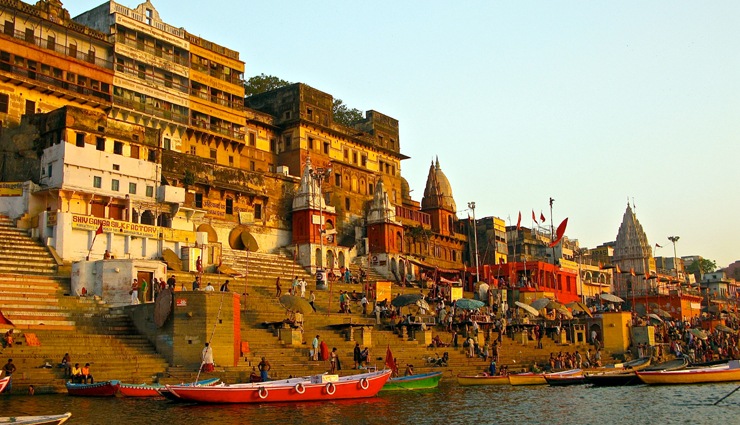
# Enchanting Ghats
Varanasi's main draw is its stunning ghats, many of which were constructed during the Maratha Empire. The city boasts over 80 ghats, each with its own intriguing history. Positioned at the confluence of the holy rivers Ganga, Yamuna, and Brahmaputra, Varanasi is regarded as a highly auspicious location for performing various rituals and pujas at these ghats. The city's name itself is derived from two prominent ghats, Varun Ghat and Assi Ghat. Some of these ghats even serve as cremation sites.
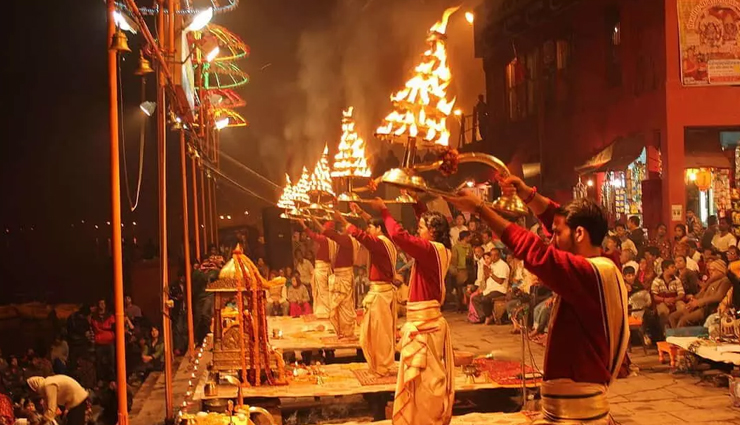
# Enthralling and Unique Rituals
As a pivotal site for Hindus, Varanasi offers a chance to witness captivating Hindu rituals and traditions. Pilgrims frequently visit to perform rituals and pujas for various Hindu deities. There's a strong belief that being cremated at one of Varanasi's cremation sites ensures liberation from the cycle of rebirth. Popular rituals include Tarpan, where water is offered to ancestors, and Daan, which involves donating money, clothes, and sweets to the less fortunate.
To fully experience the sanctity of Varanasi, visit the ghats in the morning. The morning rituals will not only captivate you but also leave you feeling blessed. Bathing in the Ganges and praying at dawn is a common practice, believed to purify the soul and body. Don’t miss the chance to take a holy dip in the Ganges if you visit.
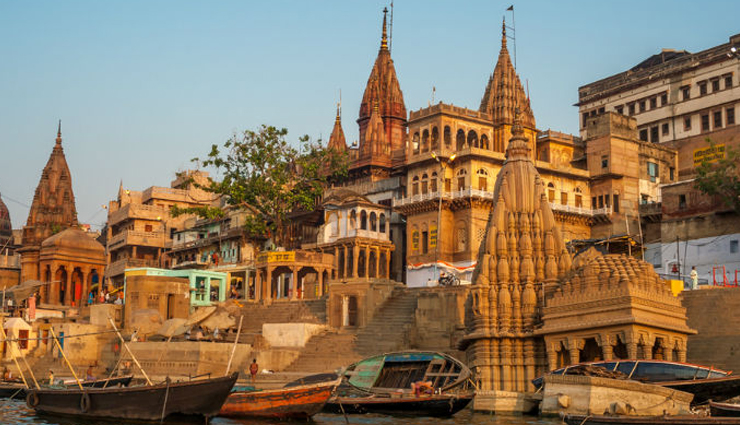
# Captivating Temples and Forts
Varanasi’s sacred ambiance extends beyond its ghats to its numerous temples, with around 23,000 scattered throughout the city. These ancient temples attract thousands of pilgrims and tourists annually. Known as the abode of Lord Shiva, Varanasi is home to the Vishwanath Temple, one of the most significant temples in the city and a major pilgrimage site in India. The nearby town of Sarnath is a revered location for Buddhist pilgrims.
Notable temples include Durga Temple, Sankat Mochan Hanuman Temple, Nepali Hindu Temple, Kaal Bhairav Mandir, Maa Annapurna Temple, Kardameshwara Mahadeva Temple, Tridev Temple, and Tulsi Manas Temple. Additionally, Varanasi features several forts from the Kingdom of Kashi, such as Ramnagar Fort, Chunar Fort, and Chet Singh Fort, showcasing ancient architectural prowess.
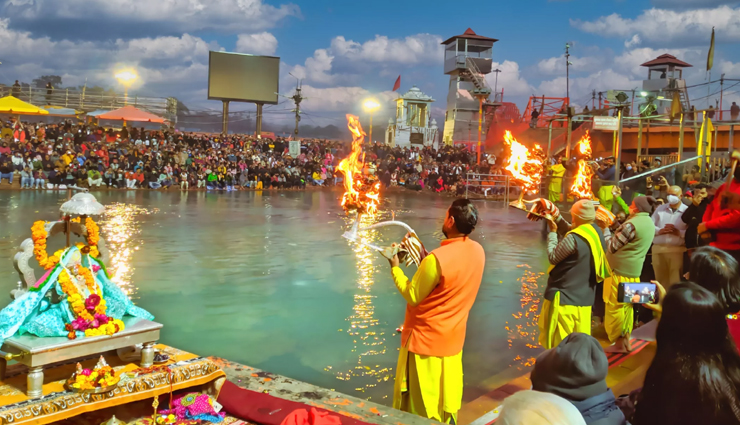
# Mesmerizing Ganga Aarti
One of the most renowned ceremonies in Varanasi is the Ganga Aarti, a divine ritual performed each evening. Devotees gather at the ghats to witness this sacred tradition, which involves offering lighted lamps or diyas along the riverbanks. Many people release small candle-lit cups into the river, creating a mesmerizing atmosphere filled with the sounds of bells and the fragrance of incense.
To experience the full splendor of Ganga Aarti, visit Dashashwamedh Ghat and Assi Ghat, where the ceremony is particularly spectacular. You can even enjoy the Aarti from a boat at Dashashwamedh Ghat.
# Alluring Festivals and Fairs
Varanasi is renowned for its vibrant religious festivals and fairs. Maha Shivratri, dedicated to Lord Shiva, is one of the city’s major festivals, marked by fasting and rituals involving water and milk offerings to Shiva Linga. Holi, the festival of colors, transforms the city into a kaleidoscope of hues, while Dev Diwali illuminates the ghats with thousands of diyas.
Other notable festivals include Diwali, Rangbhari Ekadashi, Ram Leela, Ganga Dussehra, Annakut, Shravan Maah, and Makar Sankranti. Important fairs such as Dhrupad Mela, Kumbh Mela, Sarnath Fair, and Vaisakhi Mela also add to the city's festive spirit.
# Pocket-Friendly Place
Surprisingly, Varanasi is one of the most budget-friendly cities in India. Lodging and food are considerably cheaper than in other pilgrimage sites. Daily food expenses can start as low as $3. The city offers numerous affordable accommodation options, including guesthouses, hostels, and hotels near the ghats. Traveling within the city is also more economical compared to other places.
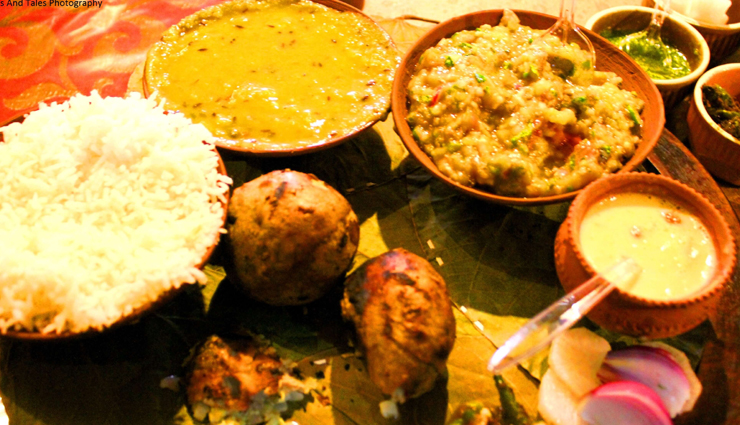
# Tempting Cuisine
Varanasi is a haven for food enthusiasts, offering a wide array of vegetarian dishes, especially in the areas inhabited by the Muslim community. Street food is a major attraction, with delectable preparations that reflect the local culture. Popular street food items include Kachorisabzi, Jalebi, Baati Chokha, Choora Matar, Channa Dahi Bada, Laaiya Channa, Launglata, Golgappe, Lassi, Peda, Rabri, Thandai, and Bhang.
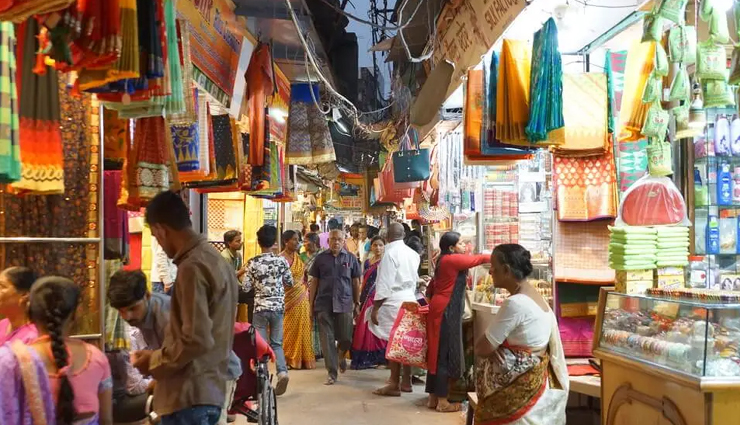
# Endless Shopping
Varanasi’s affordability extends to shopping as well. The city is an excellent place to buy handicrafts without straining your budget. Banarasi silk, renowned worldwide, is a highlight. You can shop for Banarasi silk and brocade sarees, glass bangles, rudraksha bracelets and necklaces, brass and copper items, wooden toys, crystal Shivalinga, handmade carpets, and more.
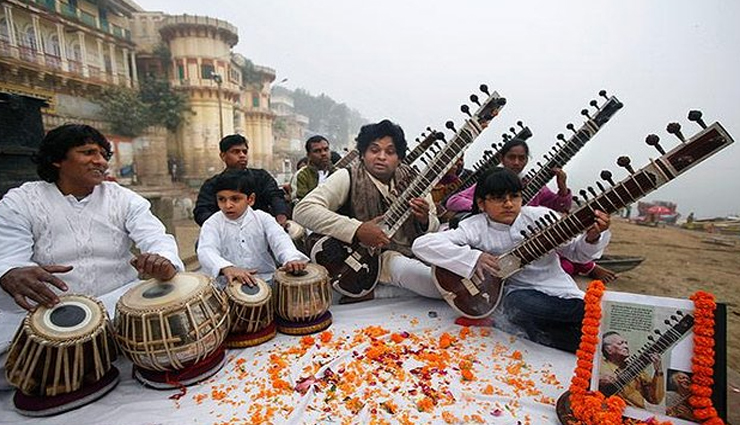
# Charming Musical Events
Varanasi is not only spiritually enriching but also musically inspiring. The city is the birthplace of several musical styles and offers a rich musical heritage. You can enjoy various musical instruments such as the tabla, flute, sitar, and sarod. Musical events, including classical concerts at Music Paradise Hall, Gulabbarievent, Ganga Mahotsav, and Mahindra Kabira Musical event, showcase this vibrant tradition. Renowned musicians like Ustad Bismillah Khan, Girija Devi, and Pandit Ravi Shankar have roots in Varanasi.
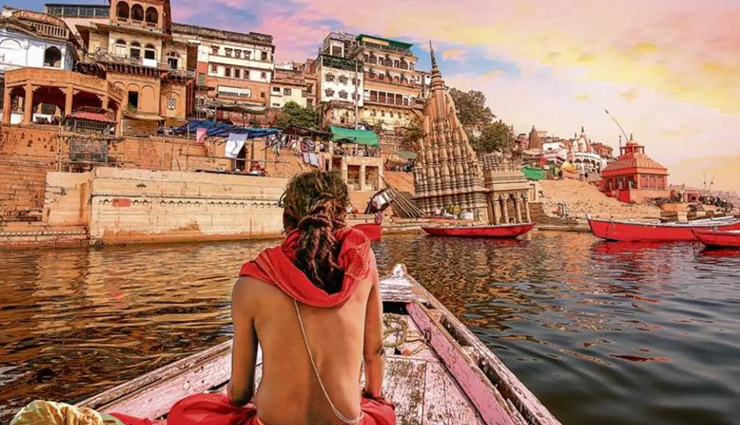
# Fascinating Sadhus
Varanasi also offers a glimpse into the lives of sadhus, or ascetics, who can be seen throughout the city. Their distinctive appearances, with saffron robes and matted hair, provide a unique insight into their spiritual practices. Engaging with these wise individuals can deepen your understanding of karma and Hindu philosophy. Many sadhus have renounced affluent lifestyles to pursue spiritual knowledge, living lives marked by practices such as yoga, celibacy, and smoking marijuana.





